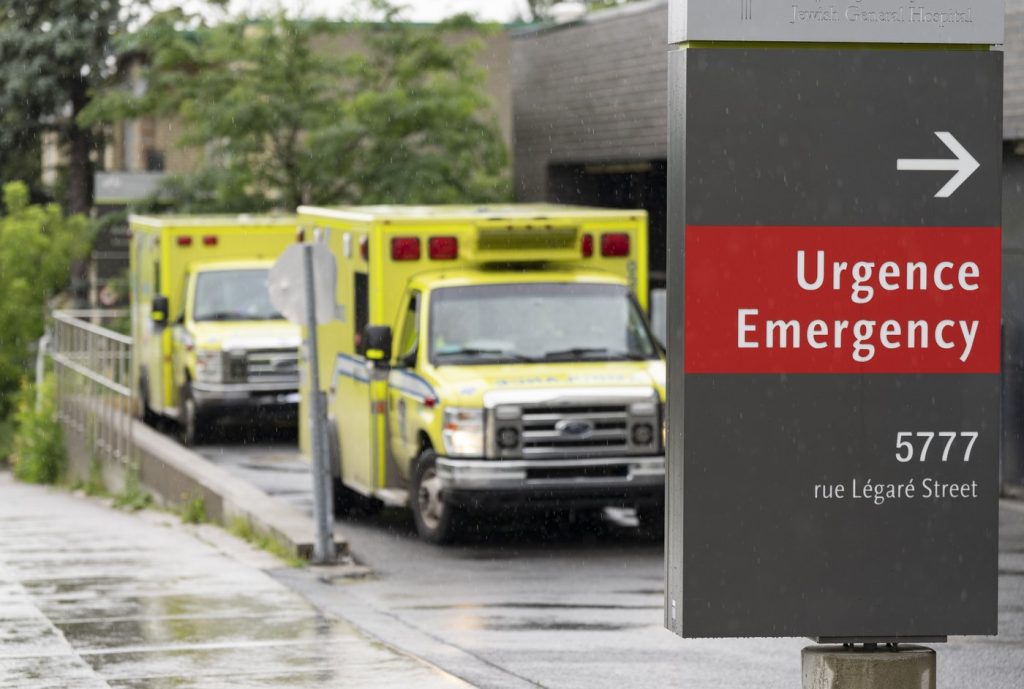Quebec schools rolling out catch-up plan, two more FAE unions reject agreement in principle
Posted January 26, 2024 4:49 pm.
Last Updated January 26, 2024 6:29 pm.
As Quebec schools work through their plan to makeup for lost time during teachers strikes, two more unions rejected the agreement in principle between the FAE and the Quebec government on Thursday night.
The FAE’s around 66,000 teachers went on strike for 22 days – leading to the closure of about 800 public schools – all or mainly in the French sector. Now four of the unions have accepted and four have rejected the deal so far, with one more left to vote.
“I’m really looking forward to see the results so we’ll know whether we continue to negotiate or whether we’re really done for this round,” said high school teacher and FAE union delegate, Marion Miller. “Either way, there’s so much work that has to be done to bring public education up to a better level in Quebec.”
“My union accepted it by a slim majority, 54 per cent,” Miller said. “A lot of teachers felt so exhausted by the strike and really financially impacted that they felt that they didn’t have a choice to accept. So no one was happy the next day with the result or with the offer. It’s kind of an anticlimactic end to the strike.”
FAE teachers will get a 17.4 percent pay increase over five years, but Marion Miller says the deal doesn’t do much to improve working conditions, even despite a 33 million dollar investment to add more resources to classrooms
“That’s what’s been disappointing, to say we’ll be fairly compensated, but to do this job that remains such a heavy workload.”
Adding to that, about 15 to 20 Montreal schools, including École secondaire Saint-Luc, are offering makeup classes on Saturdays for about half a day, which aren’t mandatory and aimed at vulnerable students.
“They’re trying to convince us to come and do tutoring or Saturday school, my school has Saturday school and there’s not been great response from teachers,” Miller said. “There’s not been a great response from teachers, because one of our core issues is that we already have so much in our workload saying to teachers come do more on Saturdays is a little bit absurd.”
But some say Saturdays may be beneficial for struggling students.
“When they come on Saturday morning, they’re rested, they’re more receptive,” said Kathleen Legault, president of the Montreal Association of School Principals (AMDES). “We think that if we have enough teachers to implement a Saturday school, then it’s an interesting measure.”
Some schools are offering tutoring during spring break or even staffing classes with two teachers.
“Every school looks at the needs of their students, looks at how many volunteers there are in the schools and the needs of the schools,” Legault said. “It’s very different from one school to another.”
Miller says the Ministry of Education had asked schools to prepare lists of vulnerable students.
“Our secondary one cohort, there were a hundred vulnerable students and I think that’s really representative,” Miller said. “That’s not because of the strike. These are students who for years have needed resources.”
Parents don’t yet know if their kids are on that list.
“It might be a good idea to just tell them that, well, your kids is doing fine, so you won’t be participating in these programs,” said Sylvain Martel, a spokesperson for the Quebec group of independent parent committees (RCPAQ). “Parents are waiting.”
FAE teachers are also waiting for what’s to come, as the last union is set to vote on the deal next week. A majority of the FAE’s nine unions and total members need to accept it for it to be ratified.
“I hope that the last union rejects it so we can go back to the table and see if we can get something a little bit better,” Miller said. “But if not, the work has to continue.”



